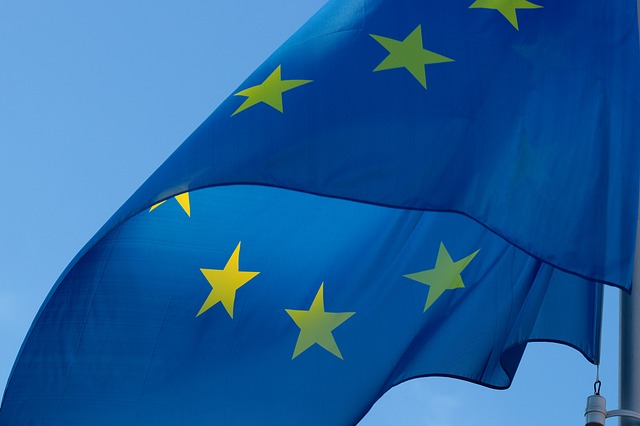clear
How will EU army compare to other world powers?
clear

source:
Pixe 2013
How will the new army the EU is building compare to existing world powers. The EU army has the potential to be very powerful as it has access to German engineering and technology. The EU in 2016 announced a €5 billion budget. http://www.express.co.uk/news/world/738284/EU-European-Defence-Fund-no-EU-Army. What will the challenges of any EU army be in relation to language and communication?
In 2016 a majority vote in the European parliament agreed to both a 'efence union' and a new operational headquarters for the EU military. Many at the time saw this is as a potential threat to NATO, potentially superseding its role in protecting Europe from eternal threats. Some even suggested that this was a move to create an EU army but were strongly argued against by the proposers of the bill who claim it as a way of reducing the bureaucrac that can slow the moving of defence forces from one country to another.
NATO is made up of 28 states, 22 of them EU states with four non-European states, alongside Canada and, of course, the USA, all pledging to spend 2% of their GDP on defence that can be put at the service of NATO.
The EU has worked with NATO but also created initiatives that might seem like the foundations of an inependent military. These include the European Defence Initiative, Synchronised Armed Forces Europe (subsequently scrapped) and the Common Security and Defence Policy department (an arm of the EU's foreign policy department). The EU also has a defence agency, which has its job promoting cooperation between EU governments on defence, and even a military staff whch has overseen operations in bosnia and the Central African Republic.
However, it doesn't have anything that could be described as an army yet. It has raised 1,500 member 'Battlegroups' but, since being at capacity in 2007, none have seen action.
If the EU did aim to create a separate defence policy and forces to NATO it would be likely to be substantially weaker, losing the cooperation of the USA and Canada and even the UK, post-Brexit. The US President has boasted of his country doing all the heavy lifting in NATO and, while not quite true, a European military without the US would be at a considerable disadvantage facing against Russia, for instance, over the Ukraine.
 1
1
clear
 Andrew Tildesley
8 years, 2 months ago
Andrew Tildesley
8 years, 2 months ago
if you go to EU be as carerfull as you possibly can
 0
0
clear
 katelinn johnson
6 years, 5 months ago
katelinn johnson
6 years, 5 months ago